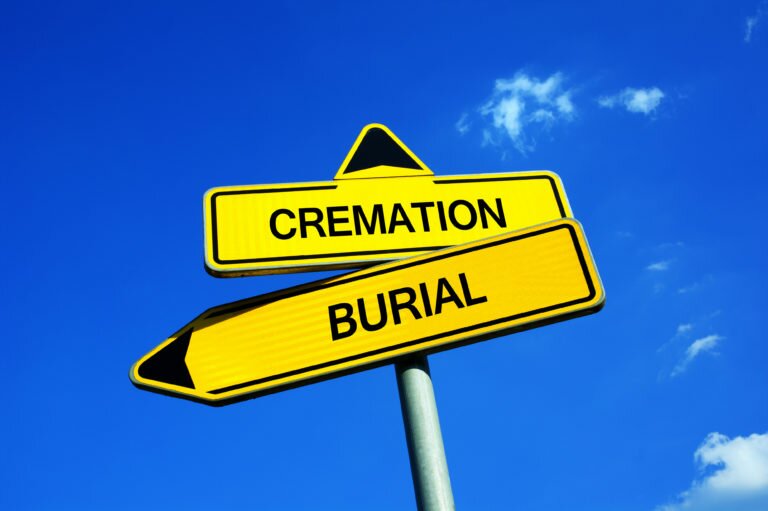
Cremation vs Burial: How To Decide Which Is Best?
Both cremations and burials are legal and ancient methods for disposing of a body. People have been disposing of their loved ones for thousands of years through cremation. It’s challenging to know which choice is best for your loved one since there are many misunderstandings about both of them. Consider these ideas from Blair Mazzarella Funeral Home before making a final decision:
1. Religious Leanings
It is essential to consider religious customs while planning a funeral and other last rituals. Until the 1960s, Roman Catholics weren’t permitted to cremate their deceased loved ones. Although Methodist and Adventist orders do, cremation is not permitted by fundamentalist and Baptist orders. For Hindus, Buddhists, and Sikhs, the traditional method of disposition is cremation. However, there are notable exceptions. Before making a decision, consider the religious beliefs of everyone concerned.
2. The Permanency Factor
It’s impossible to undo cremation after the corpse is incinerated. Because cremation is irreversible in the event of a legal or criminal investigation, it’s preferable to bury the deceased instead. In addition, if there is any dispute about the identity of the dead, the family should avoid cremation.
3. The Process After Cremation/Burial
For many individuals, the act of going to a graveyard provides solace, and they think that they can do this only if the dead are buried. In some instances, the ashes of a deceased loved one might be laid to rest in an appropriate cemetery with a burial marker. Special burial lots are set out just for this purpose. You can also keep the ashes in a columbarium or bury them in your backyard. Alternatively, you can place the urn with the person’s ashes on your mantel or table in your home.
For any details about our customized funeral services or for professional assistance with preplanning your funeral, contact Blair Mazzarella Funeral Home.







Comments